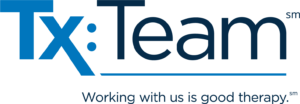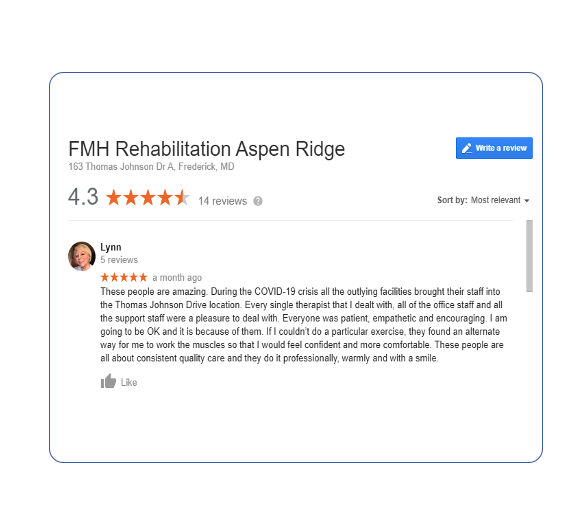Speech-Language Pathology…Because Communication is Important
May is National Better Hearing and Speech Month, which is an opportunity to raise awareness about not only communication disorders, but also the treatments available.
Millions suffer with brain fog, difficulty eating and drinking, and general speech and language problems – and these issues were only amplified in the years following COVID. These problems can affect a person’s quality of life. Speech Language Pathologists treat a wide range of disorders in both adults and children. With early identification and intervention, clinicians can help to improve communication, increase confidence, and help patients return to the activities and daily life they enjoy.
Many people aren’t aware of how a speech-language pathologist can help.
Speech-Language Pathology, or what is commonly known as Speech Therapy, assesses and treats speech disorders and communication problems. It helps people develop skills like comprehension, clarity, voice, fluency, and sound production. Speech Language Pathologists, or Speech Therapists, can treat childhood speech disorders or adult speech impairments caused by stroke, brain injury or other conditions. Speech-Language Pathologists work with their patients to identify areas for improvement and work to develop each patient’s individual goals.
Speech therapy offers skilled treatment designed to assist and restore speech and language problems caused by illness or injury that may affect:
- Cognition, comprehension, memory
- Swallowing and other oral motor problems
- Communication and hearing
- Expression
Does Speech Therapy make a difference?
Adult patients can improve the quality of life with speech therapy after a stroke or traumatic injury as well as those patients diagnosed with Parkinson’s Disease or Alzheimer’s. For children, speech therapy is most successful when started early and practiced at home with a parent or caregiver.
Some of the speech improvements that patients experience are a louder and clearer voice, better speech intelligence, a more natural rate of speech, and more robust facial expressions.
If you or someone you know could benefit from Speech Therapy, find a Speech Language Pathologist in your area. Why? Because communication is important.




